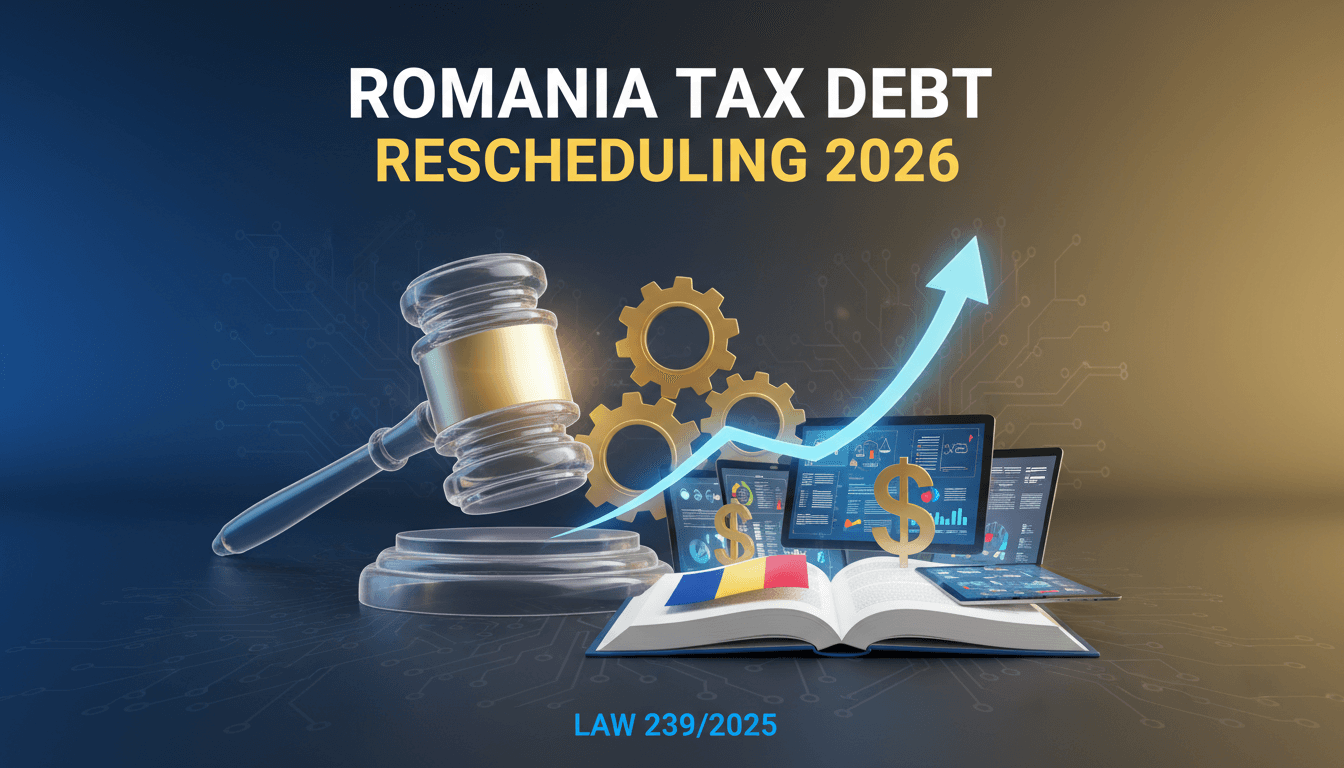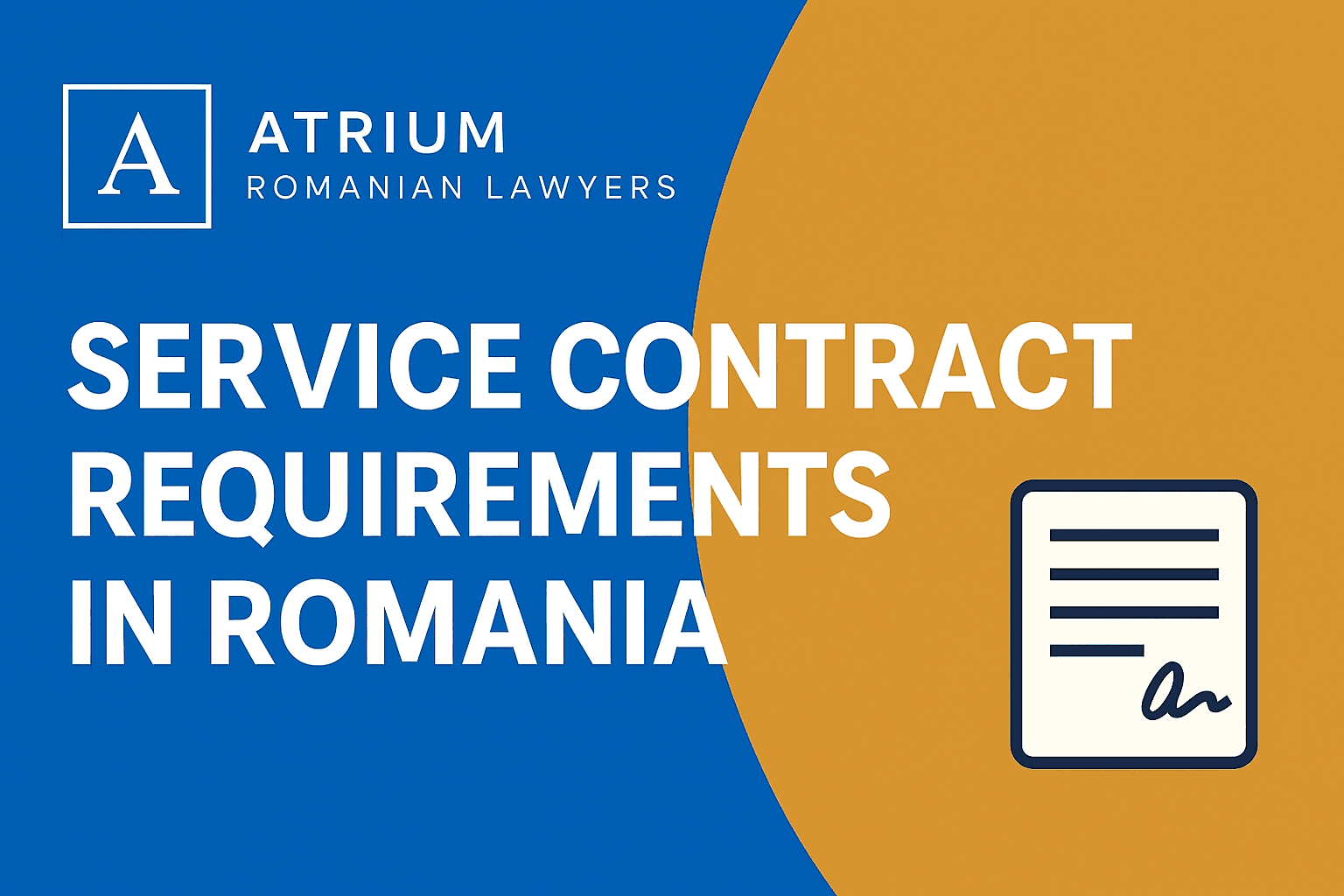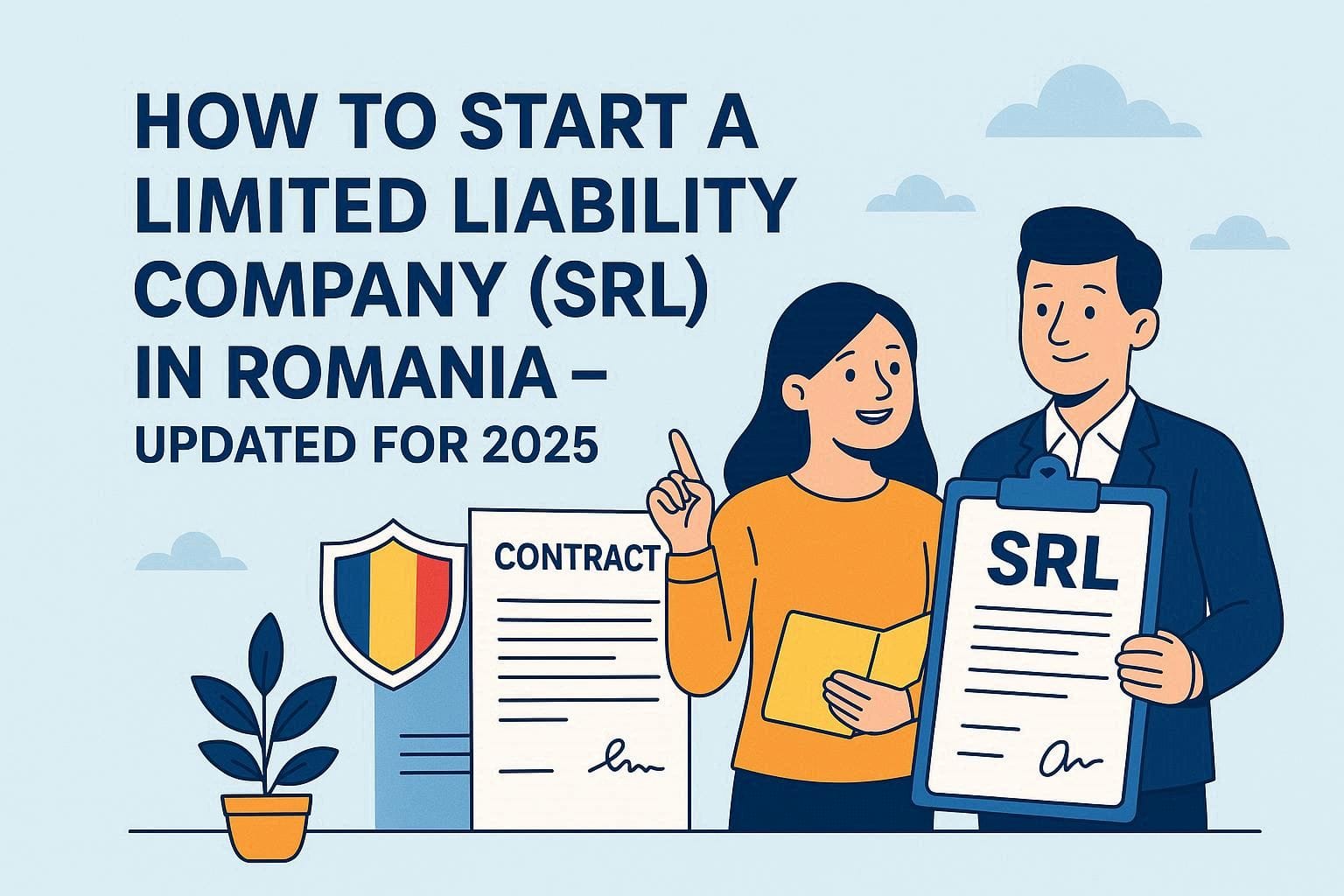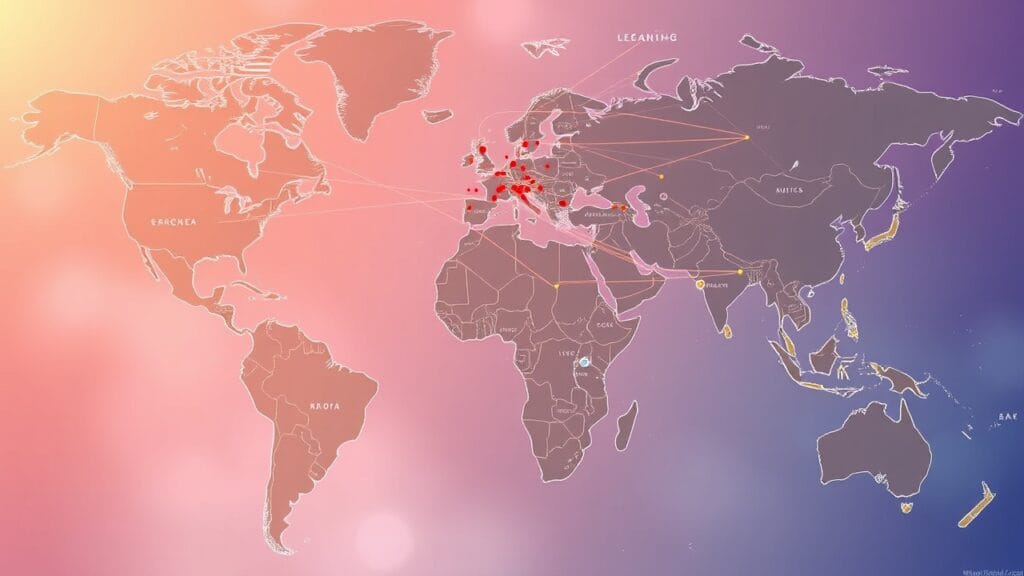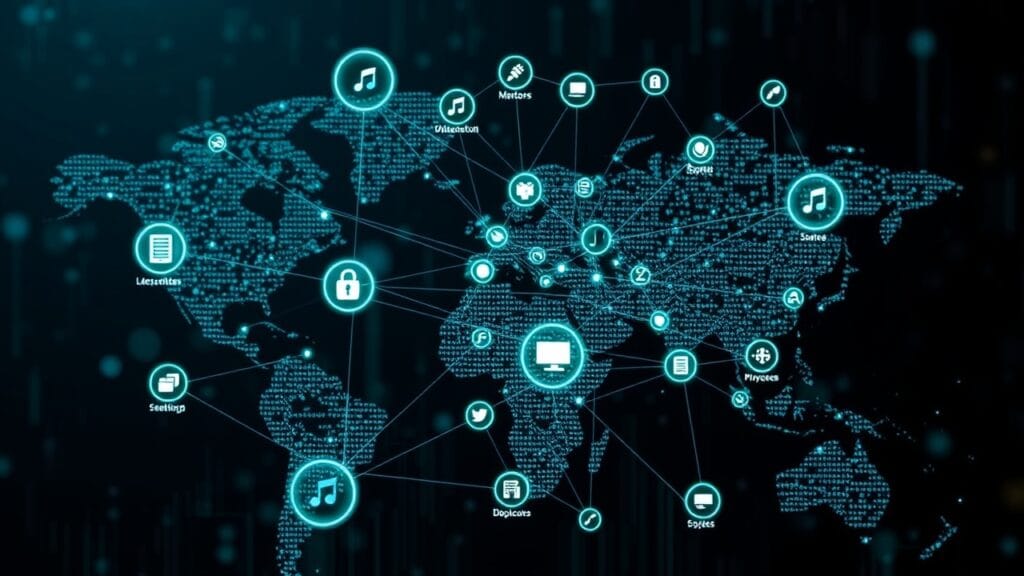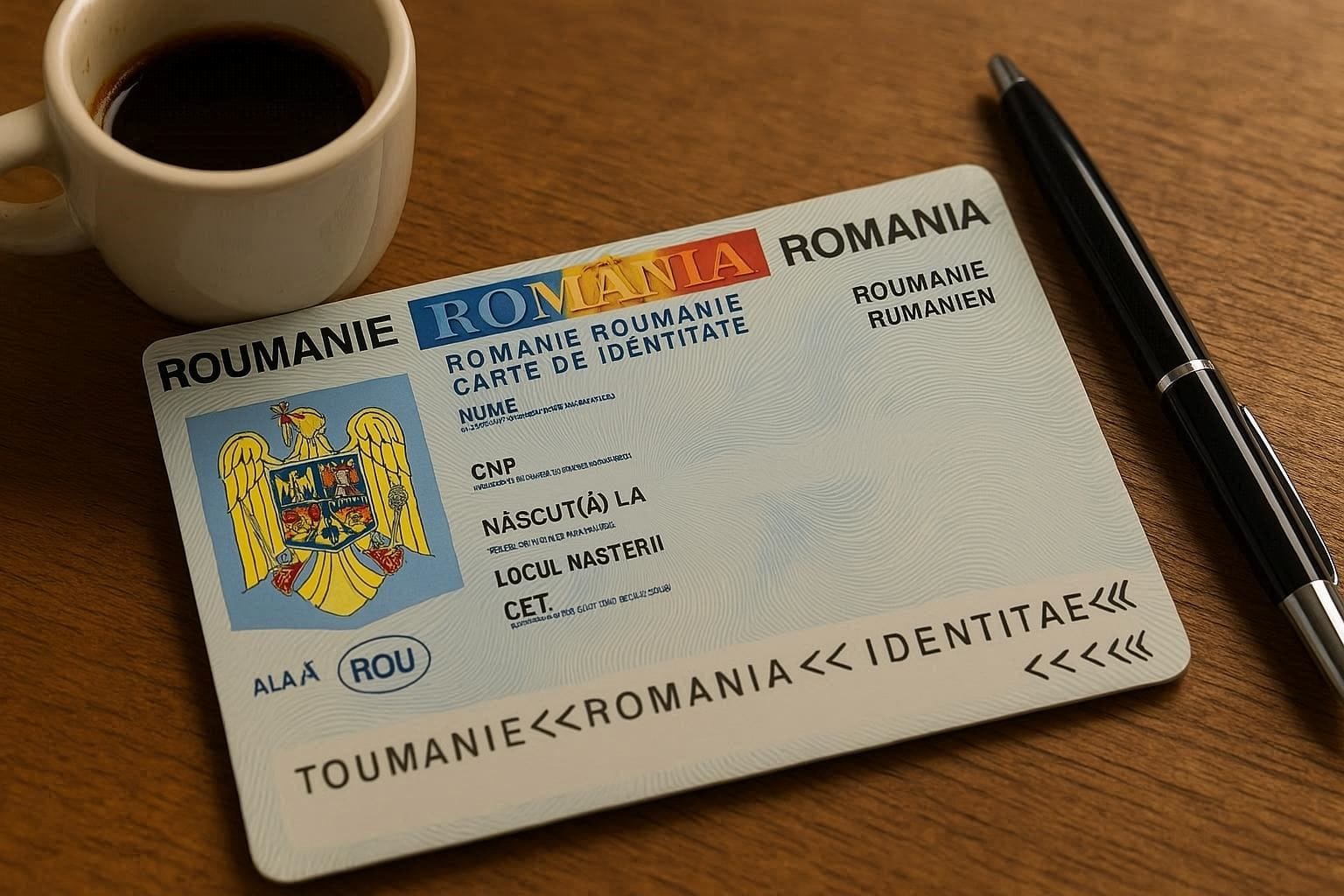EU Pay Transparency Directive in Romania: Key Changes in 2026
EU Pay Transparency Directive 2026: What Romanian Employers Must Know
A Practical Compliance Guide for the June 7 Deadline
The EU Pay Transparency Directive (2023/970) is a landmark regulation requiring all EU employers to disclose salary information, prohibit salary history questions, and provide gender-disaggregated pay data. By June 7, 2026, Romania must transpose this Directive into national law, forcing fundamental changes to recruitment practices, compensation structures, and pay reporting systems.
For Romanian employers with 100+ employees, mandatory gender pay gap reporting begins in 2027. For all employers, new recruitment transparency and employee information rights take effect immediately upon transposition. This guide explains what you need to do, when you need to do it, and how to prepare before Romanian implementing legislation is finalized.
Expert guidance from Atrium Romanian Lawyers
Why This Matters: The Directive’s Generational Impact
The EU Pay Transparency Directive represents a fundamental shift in how employers must approach compensation. Instead of responding to individual discrimination complaints, employers must now proactively disclose pay information, systematically measure gender pay gaps, and explain or remedy any unjustified differences.
The persistent gender pay gap across the EU stands at 12–13%, representing hundreds of billions in lost earnings for women annually. The Directive eliminates the opacity that has historically concealed discrimination. Once pay data is disclosed through mandatory reporting, the burden shifts to employers to justify gaps or face enforcement action. For detailed information on the Directive’s scope and requirements, refer to the Council of the European Union’s pay transparency guidance.
For Romanian HR and legal teams, this is not merely a compliance checkbox. The Directive requires fundamental changes to how you recruit, structure compensation, evaluate job roles, and communicate with employees. Organizations that delay preparation will face compressed timelines for system upgrades, policy changes, and compensation audits once Romanian law is finalized in late 2026. Our employment law team can guide you through these changes.
Video: Understanding the EU Pay Transparency Directive
Key Deadlines: What You Need to Know
Romania must transpose the Directive by June 7, 2026. However, expect Romanian implementing legislation to be published only in late April–May 2026, leaving employers just 4–6 weeks to implement before the deadline. For comprehensive information on the Directive’s requirements and the complete legislative text, consult the official EU sources.
Reporting Thresholds by Employer Size
| Employer Workforce | Reporting Frequency | First Report Due | Status |
|---|---|---|---|
| 250+ Employees | Annually | 2027 | Mandatory |
| 150–249 Employees | Every 3 Years | 2027 | Mandatory |
| 100–149 Employees | Every 3 Years | 2031 (based on 2030 data) | Mandatory |
| Under 100 Employees | N/A | N/A | Voluntary (for now) |
Important: Even if your company is under 100 employees, you must still comply with recruitment transparency, employee pay request rights, and the prohibition on salary history questions. Romania may lower the reporting threshold in its implementing legislation, so monitor draft law closely.
Romania’s Current Progress and Risks
As of January 2026, Romania has not yet published draft transposition legislation. This creates significant risks for employers:
- Delayed Clarity: Without guidance from Romanian authorities, employers must interpret Directive obligations directly
- Compressed Timeline: Only 4–6 weeks between final law and the June 7 deadline for implementation
- System Readiness: HRIS platforms, payroll systems, and recruitment tools may require urgent upgrades
- Potential Deviations: Romania may introduce stricter requirements than the EU minimum or align the Directive with existing Labour Code provisions in unexpected ways
Practical implication: Do not wait for final Romanian law to begin preparation. Start now using the Directive’s minimum requirements, knowing that national law may impose additional obligations.
Core Requirement 1: Recruitment Transparency (Applies to All Employers)
Mandatory Salary Disclosure
Employers must provide applicants with the starting salary or a salary range for the position. This disclosure must be provided before the first interview (optionally in the job advertisement). Generic terms like “competitive salary” or “negociabil” (negotiable) are insufficient.
The disclosed range must:
- Be based on objective, gender-neutral criteria
- Reflect actual compensation for the role
- Enable informed salary negotiation
- Be provided in the recruitment language (for Romania, in gender-neutral Romanian terminology)
Ensure your employment contracts and salary structures comply with Romanian requirements while meeting Directive obligations.
The Ban on Salary History Questions
Employers are prohibited from asking candidates about their current or previous pay—in any form, at any stage of recruitment. This applies to:
- Phone screens and interviews
- Application forms and background checks
- References from previous employers
- Any other recruitment contact
This prohibition is designed to prevent the perpetuation of historical pay discrimination. Instead, recruiters may discuss salary expectations aligned with the role’s requirements and objective criteria (experience, qualifications, skills). For detailed guidance on recruitment practices and employment law, consult with our team.
Gender-Neutral Job Postings
Job titles and vacancy notices must be gender-neutral. For Romanian employers, this means using terms like “Specialist” rather than gendered variants. Any AI-based screening tools must be audited to ensure non-discriminatory outcomes.
Core Requirement 2: Employee Information Rights (Applies to All Employers)
The Right to Request Pay Data
Every employee has the right to request, in writing:
- Their individual pay level
- Average pay levels for workers performing the same work or work of equal value, broken down by gender
Employers must respond within two months with information covering all remuneration components: base salary, bonuses, allowances, overtime, benefits, and other forms of pay.
This represents a significant change for Romanian companies, where employees have historically had limited rights to request comparative pay data. Our employment law specialists can help you establish compliant pay request response procedures.
Prohibition of Pay Secrecy Clauses
Any contractual clause that prevents employees from discussing pay for equal pay purposes is prohibited and unenforceable. This includes:
- Non-disclosure agreements restricting pay disclosure
- Confidentiality clauses protecting compensation information
- Disciplinary provisions threatening retaliation for discussing pay
Employers must also inform employees annually of their right to request pay information and the prohibition against retaliation. Review your existing key employment contract clauses to ensure compliance with this prohibition.
Critical Point: Employees may freely discuss their compensation with colleagues and unions. Attempting to enforce pay secrecy clauses will expose you to liability.
Core Requirement 3: Mandatory Pay Gap Reporting (For Employers with 100+ Staff)
What Must Be Reported
Employers with 100+ employees must report:
- Mean and median gender pay gaps (the average and midpoint difference between male and female pay)
- Gender pay gaps in variable pay (bonuses, commissions, allowances)
- Gender distribution of variable pay recipients (showing who receives bonuses)
- Gender distribution across pay quartiles (showing concentration of women/men in low and high-wage roles)
- Pay gaps by worker category (for workers doing the same work or work of equal value)
- Gender distribution in management roles (senior and junior levels)
The 5% Threshold: A Joint Pay Assessment is required if a gender pay gap of 5% or more persists for six months and cannot be justified. Gaps below 5% may be presumed justified, but the burden falls on you to prove it.
Defining “Work of Equal Value”
Work of equal value does not require identical job titles. The Directive requires assessment using four mandatory factors:
- Skills: Formal qualifications, experience, knowledge, and soft skills
- Effort: Mental, emotional, and physical exertion
- Responsibility: Scope of decision-making and authority
- Working conditions: Environment, hazards, schedule flexibility
This is particularly important for Romanian employers, where roles traditionally performed by women (administrative, customer service, teaching, care) have historically been undercompensated despite requiring substantial skill and effort. Soft skills must be valued fairly and without gender bias.
The Joint Pay Assessment: When Gaps Exceed 5%
If your gender pay gap reaches 5% or more and cannot be justified with objective criteria, a Joint Pay Assessment (JPA) becomes mandatory. A JPA is a collaborative audit conducted with worker representatives (unions or employee committees) to identify root causes and develop a remedial action plan.
Implications for Romanian Employers
Romania has active trade unions including Confederatia Nationala a Sindicatelor (CNS) and industry-specific unions. Prepare for:
- Early union engagement: Initiate dialogue with union representatives now about pay equity reviews
- Transparency demands: Unions will have legal rights to access pay-setting methodologies and compensation data
- Collective pressure: Once pay gap data becomes public (2027), unions may file collective discrimination complaints or demand wage adjustments
- Remedial negotiations: You will be required to collaborate on solutions, not make unilateral decisions
Understanding your obligations regarding employment termination and worker protections is essential during remediation discussions.
Penalties and Enforcement
The Directive requires that member states establish penalties that are effective and dissuasive. However, the Directive does not specify penalty amounts, percentages, or fixed sanction levels. The type, structure, and level of penalties will be determined exclusively by Romanian implementing legislation.
Expected enforcement mechanisms in Romanian law may include:
- Administrative fines: Amount and level to be set by Romania
- Corrective orders: Mandatory remediation plans with specific timelines
- Exclusion from public procurement: Potentially barring non-compliant employers from government contracts
- Uncapped individual compensation: Employees may sue for back pay and damages without statutory limits
- Reputational consequences: Public disclosure of pay gap reports and compliance violations
Burden of Proof Reversal: Where an employee establishes facts suggesting pay discrimination, the burden shifts to you to prove compliance. Failure to meet transparency or reporting obligations may create a presumption of discrimination.
Romania’s Current Legal Framework vs. the Directive
What Romania Already Has ✅
- Prohibition of gender pay discrimination (Labour Code No. 53/2003, Article 6)
- Comprehensive equal opportunities framework (Law No. 202/2002)
- Right to sue for equal pay through labor courts
- Enforcement through labor inspectorates and the National Council for Combating Discrimination (CNCD)
What Romania Currently Lacks ❌ (Required by Directive)
- Mandatory pay transparency in recruitment
- Employee rights to request comparative pay data
- Systematic gender pay gap reporting for large employers
- 5% threshold mechanism triggering automatic audits
- Explicit prohibition on salary history questions
- Prohibition of pay secrecy clauses
The Directive will require substantial legislative change, particularly for employers with 100+ employees and multinational groups operating Romanian entities.
Interactive Compliance Timeline
Click milestones to expand tasks and track readiness by priority.
Your 2026 Readiness Timeline
| Period | Action Items | Priority |
|---|---|---|
| January–February 2026 | Monitor draft Romanian law publication; assess how national law may differ from EU minimum; begin pay equity audit confidentially with legal counsel | 🔴 High |
| February–March 2026 | Complete privileged pay equity audit; identify systemic gaps and baseline data; document findings with legal protection | 🔴 High |
| March–April 2026 | Update job postings and ATS; remove salary history questions; implement gender-neutral job architecture; train recruitment teams | 🔴 High |
| April–May 2026 | Assess HRIS capabilities for automated pay gap reporting; budget for system upgrades; prepare pay request response process (2-month deadline) | 🟡 Medium |
| May–June 2026 | Implement updated policies once Romanian law is finalized; establish pay equity remediation plans; engage unions on assessment timeline | 🔴 High |
| June–December 2026 | Monitor 2026 pay data; calculate preliminary gender pay gaps; prepare for mandatory reporting; collect required supporting documentation | 🟡 Medium |
| January–June 2027 | Submit first mandatory report (for 150+ employee companies); provide to worker representatives; prepare for JPA if gaps exceed 5% | 🔴 High |
Key Dependency: All timelines depend on Romania’s publication of implementing legislation by late April 2026. Do not wait; use the Directive’s minimum requirements as your guide now.
Romania-Specific Compliance Considerations
Language and Documentation Requirements
For Romanian employers:
- Job postings: Must use gender-neutral terminology in Romanian (e.g., “specialist,” not gendered variants)
- Pay gap reports: Will likely be submitted in Romanian with official translations if operating in multiple languages
- Internal policies: Compensation and recruitment documentation must be prepared in Romanian and aligned with national law
- Employee communications: Annual pay transparency notices must be provided in Romanian
Multinationals Operating in Romania
If your parent company is in another EU country:
- Group alignment: Align Romanian compensation architecture with group-wide standards for consolidated reporting
- Legislative monitoring: Monitor Romanian draft law closely—it may differ from other EU countries
- Separate compliance: Prepare separate documentation if national law introduces deviations
- Payroll segregation: Ensure HRIS can generate reporting by geographical location (Romania vs. other countries)
Union and Worker Representative Engagement
Initiate early dialogue with:
- Confederatia Nationala a Sindicatelor (CNS)
- Industry-specific unions (IT, healthcare, manufacturing, education)
- Existing works councils or employee committees
Key discussion points:
- Pay equity review methodology
- Remediation approaches and compensation adjustments
- Role in Joint Pay Assessment processes
- Transparency about pay-setting logic and job evaluation systems
Frequently Asked Questions
Yes. The Directive applies to all public and private sector employers operating in Romania, regardless of headquarters location or company size. Recruitment transparency and employee information rights apply to all employers from June 7, 2026 onward. Mandatory pay gap reporting applies only to employers with 100+ employees (with phase-in based on size).
Small companies are exempt from mandatory public reporting. However, they must still comply with:
- Salary disclosure in recruitment (all employers)
- Ban on salary history questions (all employers)
- Employee rights to request pay information (all employers)
- Prohibition of pay secrecy clauses (all employers)
Romania may lower the reporting threshold in implementing legislation, so monitor draft law closely. Learn more about employment contract structures to ensure compliance.
Remuneration includes all pay components:
- Basic wage or salary
- Bonuses (performance, annual, signing)
- Overtime and shift premiums
- Housing, transportation, and meal allowances
- Pension contributions (employer and employee)
- Statutory sick pay, maternity pay, and benefits
- Stock options and equity awards
- Life insurance and health insurance premiums
The pay gap must be calculated across this full package. This is critical for Romanian employers where bonuses and allowances may vary significantly by gender.
Yes. Disclosure does not prevent negotiations. Parties remain free to agree on a salary outside the disclosed range, provided the final agreed salary is gender-neutral and based on objective criteria (experience, qualifications, role-specific requirements).
You must provide requested information in writing within two months of the request. The response must include the employee’s individual pay and average pay for the equal value category, broken down by gender. Failure to respond within two months is a compliance violation that may trigger enforcement action.
Yes. Employees have the explicit right to compare compensation with colleagues and union representatives. Any contractual clause restricting pay disclosure for equal pay purposes is prohibited and unenforceable. Employers cannot retaliate against employees for discussing pay.
A 5% or higher unexplained gap triggers a Joint Pay Assessment. You will have six months to either justify the gap with objective criteria or remediate it through compensation adjustments. If the gap is not addressed, the formal JPA process begins with worker representatives to identify root causes and agree on remedies. Failure to remedy may result in enforcement action.
Romania will set its own fine levels. The Directive requires penalties to be effective and dissuasive. Expected enforcement mechanisms may include administrative fines, corrective orders, potential exclusion from public procurement, individual compensation claims for back pay, and reputational consequences.
Yes. The Directive explicitly requires that relevant soft skills (communication, emotional intelligence, customer service capability) must not be undervalued in equal value assessments. This is critical for Romania, where traditionally female-dominated roles in administration, teaching, and care may have been undercompensated despite substantial skill requirements.
The European Commission may initiate infringement proceedings. More importantly, Romanian courts may begin applying Directive requirements through interpretation of existing labor law even before formal transposition. Employers cannot claim a “transition period” if the government lags. Begin preparation now using Directive requirements as your baseline.
Disclaimer: This article is provided for general informational purposes only and does not constitute legal advice. The analysis is based on EU Directive 2023/970 and Romanian law as of January 2026. Specific obligations may vary depending on individual circumstances, the final Romanian implementing legislation, and administrative practice. Professional legal guidance should be obtained before taking action based on this content.

